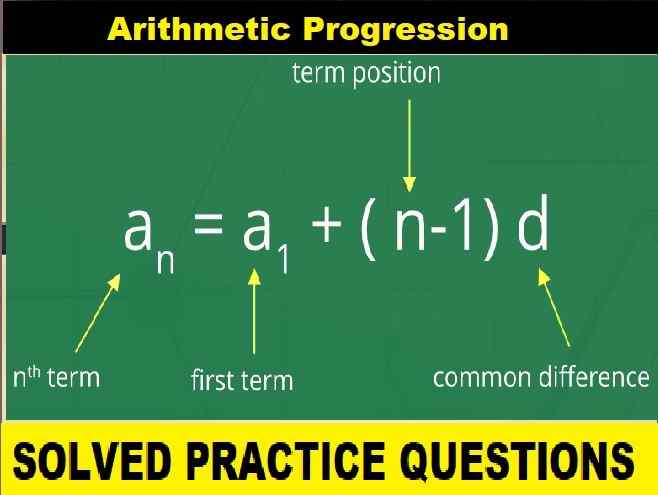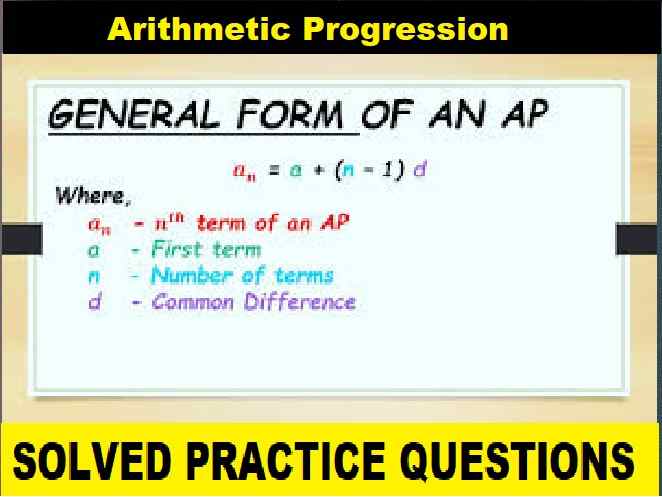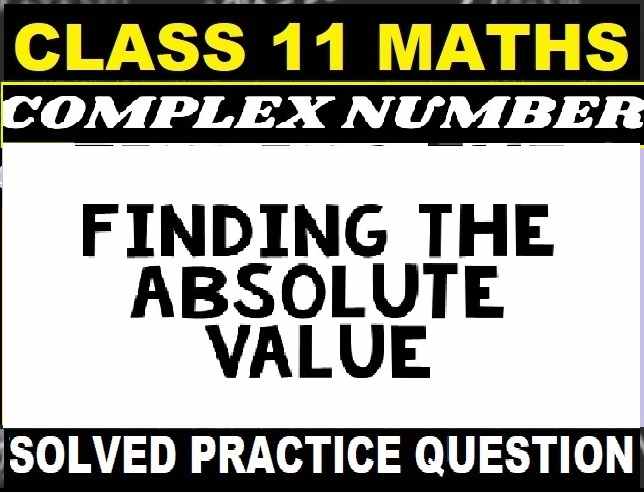Rational Numbers Class- 7th RS Aggarwal Exe-4 A Goyal Brothers ICSE Math Solution . We provide step by step Solutions of lesson-4 Rational Numbers for ICSE Class-7 Foundation RS Aggarwal Mathematics of Goyal Brothers Prakashan . Our Solutions contain all type Questions of Exe-4 A to develop skill and confidence. Visit official Website CISCE for detail information about ICSE Board Class-7 Mathematics.

Rational Numbers Class- 7th RS Aggarwal Exe-4 A Goyal Brothers ICSE Math Solution
| Board | ICSE |
| Publications | Goyal brothers Prakashan |
| Subject | Maths |
| Class | 7th |
| Chapter-4 | Rational Numbers |
| Writer | RS Aggrawal |
| Book Name | Foundation |
| Topics | Solution of Exe-4 A |
| Academic Session | 2023 – 2024 |
Exercise – 4 A
Rational Numbers Class- 7th RS Aggarwal Exe-4 A Goyal Brothers ICSE Math Solution
1. What are rational numbers? Give four examples of each of positive rational and negative rational. Give an example of a rational number which is neither positive nor negative.
Solution: Rational numbers are those numbers which are in the form of (p/q). p and q both are integers and q ≠ 0
Examples of positive rational numbers –
(33/17), (37/18), (43/11), (55/6)
Examples of negative rational numbers –
(-18/5), (37/-19), (-47/5), (-99/7)
(0) is a number which is neither be positive and nor be negative.
2. Which of the following are rational numbers?
(i) (5/15)
Solution:(5/15)
∴ It is an rational number
[In the form of (p/q), q ≠ 0]
(ii) (-6/23)
Solution: (-6/23)
∴ It is an rational number
(iii) 17
Solution: 17
= (17/1)
∴ It is an rational number
(iv) -25
Solution: -25
= (-25/1)
∴ It is an rational number
(v) 0
Solution: 0
= (0/1)
∴ It is an rational number
(vi) (8/0)
Solution: (8/0)
∴ It is not an rational number
[It is in the form of (p/q), but q = 0]
(vii) (0/0)
Solution: (0/0)
∴ It is not an rational number
[q = 0]
(viii) (0/8)
Solution: (0/8)
∴ It is an rational number
[q ≠ 0]
(ix) (-23/-37)
Solution: (-23/-37)
∴ It is an rational number
(x) (-1/7)
Solution: (-1/7)
∴ It is an rational number
3. Write down the numerator and the denominator of each of the following rational numbers :
(i) (12/17)
Solution: (12/17)
Numerator = 12
Denominator = 17
(ii) (6/-23)
Solution: (6/-23)
Numerator = 6
Denominator = -23
(iii) (-21/5)
Solution: (-21/5)
Numerator = -21
Denominator = 5
(iv) 7
Solution: 7
= (7/1)
Numerator = 7
Denominator = 1
(v) -8
Solution: -8
= (-8/1)
Numerator = -8
Denominator = 1
4. Which of the following are positive rational numbers?
(i) (-7/8)
Solution: (-7/8)
= Not Positive
(ii) (-13/17)
Solution: (-13/17)
= Not Positive
(iii) (-8/-11)
Solution: (-8/-11)
= (-8/-11) ⇒ (8/11)
= Positive
(iv) (0/8)
Solution: (0/8)
= Not Positive
(v) (0/-7)
Solution: (0/-7)
= Not Positive
5. Which of the following are negative rational numbers?
(i) (-16/5)
Solution: (-16/5)
= Negative Rational Number
(ii) (-10/-11)
Solution: (-10/-11)
= Not Negative Rational Number
(iii) -21
Solution: -21
= Negative Rational Number
(iv) (0/-3)
Solution: (0/-3)
= Not Negative Rational Number
(v) 17
Solution: 17
= Not Negative Rational Number
6. Find four rational numbers equivalent to each of the following :
(i) (3/10)
Solution: (3/10)
(3/10) × (2/2) = (6/20)
(3/10) × (3/3) = (9/30)
(3/10) × (4/4) = (12/40)
(3/10) × (5/5) = (15/50)
∴ The rational numbers will be –
(6/20), (9/30), (12/40), (15/50)
(ii) (-5/9)
Solution: (-5/9)
(-5/9) × (2/2) = (-10/18)
(-5/9) × (3/3) = (-15/27)
(-5/9) × (4/4) = (-20/36)
(-5/9) × (5/5) = (-25/45)
∴ The rational numbers will be –
(-10/18), (-15/27), (-20/36), (-25/45)
(iii) (6/-13)
Solution: (6/-13)
(6/-13) × (2/2) = (12/-26)
(6/-13) × (3/3) = (18/-39)
(6/-13) × (4/4) = (24/-52)
(6/-13) × (5/5) = (30/-65)
∴ The rational numbers will be –
(12/-26), (18/-39), (24/-52), (24/-52)
(iv) 9
Solution: 9
(9/1) × (2/2) = (18/2)
(9/1) × (3/3) = (27/3)
(9/1) × (4/4) = (36/4)
(9/1) × (5/5) = (45/5)
∴ The rational numbers will be –
(18/2), (27/3), (36/4), (45/5)
(v) -1
Solution: -1
(-1/1) × (2/2) = (-2/2)
(-1/1) × (3/3) = (-3/3)
(-1/1) × (4/4) = (-4/4)
(-1/1) × (5/5) = (-5/5)
∴ The rational numbers will be –
(-2/2), (-3/3), (-4/4), (-5/5)
7. Write each of the following rational numbers with positive denominator :
(i) (16/-21)
Solution: (16/-21)
= (-16/21)
(ii) (1/-5)
Solution: (1/-5)
= (-1/5)
(iii) (-7/-12)
Solution: (-7/-12)
= (7/12)
(iv) (5/-1)
Solution: (5/-1)
= (-5/1)
(v) (-6/-1)
Solution: (-6/-1)
= (6/1)
8. Express (4/9) as a rational number with numerator (i) 24 (ii) -20
(i) 24
Solution: 24
(4/9) × (6/6) [We know 4 × 6 = 24]
= (24/54)
(ii) -20
Solution: -20
(4/9) × (-5/-5) [We know 4 × -5 = -20]
= (-20/-45)
9. Express (3/8) as a rational number with denominator (i) 48 (ii) -32
(i) 48
Solution: 48
(3/8) × (6/6) [We know 8 × 6 = 48]
= (18/48)
(ii) -32
Solution: -32
(3/8) × (-4/-4) [We know 8 × -4 = -32]
= (-12/-32)
10. Express (-6/11) as a rational number with numerator (i) -36 (ii) 42
(i) -36
Solution: -36
(-6/11) × (6/6) [We know -6 × 6 = -36]
= (-36/66)
(ii) 42
Solution: 42
(-6/11) × (-7/-7) [We know -6 × -7 = 42]
= (42/-77)
11. Express (2/-7) as a rational number with denominator (i) 42 (ii) -28
(i) 42
Solution: 42
(2/-7) × (-6/-6) [We know -6 × -7 = 42]
= (-12/42)
(ii) -28
Solution: -28
(2/-7) × (4/4) [We know -7 × 4 = -28]
= (8/-28)
12. Express (-48/36) as a rational number with numerator (i) -4 (ii) 8
(i) -4
Solution: -4
(-48/36) ÷ (12/12) [We know -48 ÷ 12 = -4]
= (-4/3)
(ii) 8
Solution: 8
(-48/36) ÷ (-6/-6) [We know -48 ÷ (-6) = 8]
= (8/-6)
13. Express (78/-117) as a rational number with numerator (i) -6 (ii) 2
(i) -6
Solution: -6
(78/-117) ÷ (-13/-13) [We know 78 ÷ (-13) = -6]
= (-6/9)
(ii) 2
Solution: 2
(78/-117) ÷ (39/39) [We know 78 ÷ (-13) = 2]
= (2/-3)
14. Write each of the following rational numbers in standard form :
(i) (56/32)
Solution: (56/32)
= (7/4)
(ii) (16/-40)
Solution: (16/-40)
= (2/-4)
(iii) (-36/54)
Solution: (-36/54)
= (-2/3)
(iv) (-22/-77)
Solution: (-22/-77)
= (2/7)
(v) (78/-65)
Solution: (78/-65)
= (6/-5)
(vi) (-95/114)
Solution: (-95/114)
= (-5/6)
(vii) (-69/115)
Solution: (-69/115)
= (-3/5)
(viii) (155/-217)
Solution: (155/-217)
= (5/-7)
15. Find the value of x such that :
(i) (-2/3) = (14/x)
Solution: (-2/3) = (14/x)
-2x = 42
x = (42/2) [Gross multiply]
x = -21
(ii) (8/-3) = (x/6)
Solution: (8/-3) = (x/6)
-3x = 48
x = (48/-3)
x = -16
(iii) (5/9) = (x/-27)
Solution: (5/9) = (x/-27)
9x = -135
x = (-135/9)
x = -15
(iv) (11/6) = (-55/x)
Solution: (11/6) = (-55/x)
11x = -330
x = (-330/11)
x = -30
(v) (15/x) = -3
Solution: (15/x) = -3
(15/x) = (-3/1)
-3x = 15
x = (15/-3)
x = -5
(vi) (-36/x) = 2
Solution: (-36/x) = 2
(-36/x) = (2/1)
2x = -36
x = (-36/2)
x = -18
16. State whether the given statement is true (T) or false (F) :
| Statement | True/False |
| (i) The quotient of two integers is always a rational number. | F |
| (ii) Every rational number is a fraction. | F |
| (iii) Zero is the smallest rational number. | F |
| (iv) Every fraction is a rational number. | T |
— : end of Rational Numbers Class- 7th RS Aggarwal Exe-4 A Goyal Brothers ICSE Math Solution:–
Return to- ICSE Class -7 RS Aggarwal Goyal Brothers Math Solutions
Thanks
Please share with yours friends if you find it helpful.


